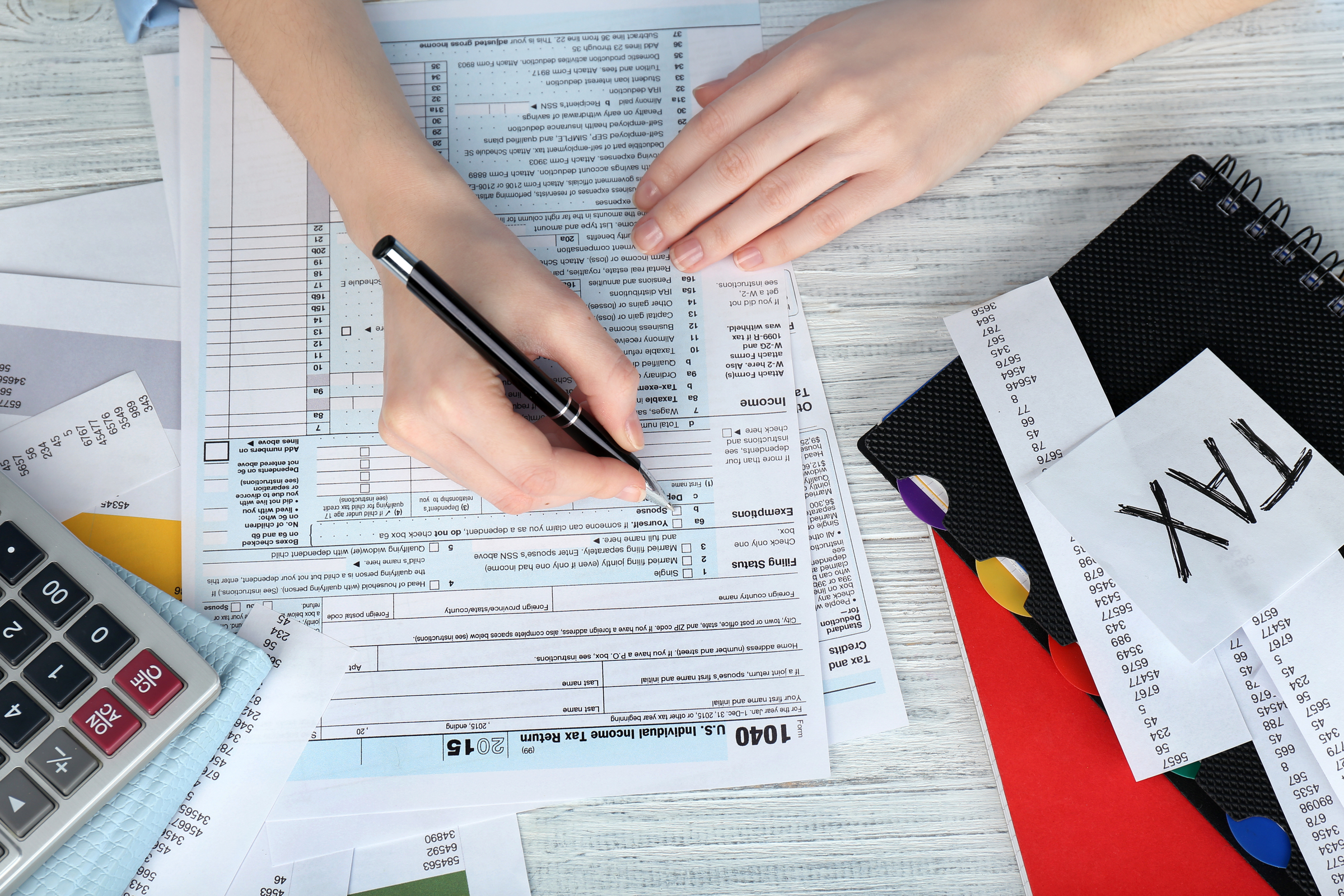Thursday 20th April 2023
Working from home could mean you should pay more tax.
Laura Beales
2 minute read

A recent report from Deutsche Bank argues that the increase in tax for staff who are working from home after the pandemic could help lower-paid workers.
We can all agree that working from home has changed the way we feel about going into the office. Is it even necessary anymore? Data from the Office for National Statistics showed that the number of people working exclusively from home rose from 21% to 24%, after the prime minister’s decision that urged people to work from home in September. The ONS study shows that between 18 and 25 September, total online job adverts increased from 55% to 59% of their 2019 average, the highest recorded level since 3 April.

But, could the routine of working from home that we have adjusted to mean that we should pay more tax? Well, a team of economists at the German lender, Deutsche Bank believes so. They have proposed a 5pc levy for those who choose to regularly work from home outside of lockdowns, arguing that such a measure could raise $48bn (£36bn) a year in the use and €16bn in Germany. The strategists believe that, “working from home will be part of the ‘new normal’ well after the pandemic has passed”, and believe that, “remote workers should pay a tax for the privilege”.
It is believed that the billions raised could “fund material income subsidies for low-income earners who are unable to work remotely”, and allow staff members that work at sandwich shops in the city - which have closed down by the increased remote working - get necessary training in another field to find employment elsewhere. The report was published after the team found that once the pandemic passes, more than half of those who have tried out working from home would want to continue it permanently for 2 to 3 days a week.
So, how much is the tax?
The idea is that staff WFH will pay a 5% tax for each day they choose to work remotely. They argue that it will leave the average employee no worse off because of savings made by not commuting in, not buying lunch on-the-go, as well as fewer purchases of clothing for the office. The Guardian published the reports author, Mr Templeman’s findings which suggests that, “A daily 5% working from home tax would cost an employee earning £35,000 just under £7 a day. He suggests the £6.9bn raised in the UK by taxing remote workers could provide a grant of £2,000 to the 12% of people aged over 25 who earn the minimum wage.”

Deutsche Bank has said that its research is designed to spark debate around a series of important topics, and it’s clear that not everyone is going to agree with the prospect of increasing tax now that not only our working situations have changed, but also the fact that there is no vaccine allowing people to safely go into work.
There could be an alternative. Let’s say that the tax is put in place, we think it is possible to still work remotely but it doesn't have to be at home. By signing up and using Tally, whether you are a business or an employer, you’ll be supporting local businesses via working in their spaces. Working remotely doesn’t have to mean being cooped up in the confines of your lounge or dining table - by booking through Tally you’ll have your pick at local spaces that will fit your remote working needs. This will then benefit your productivity, and depending on your company's stance on WFH arrangements, this could enable a better working environment for everyone. Tax or no tax.
Written by Laura Beales


